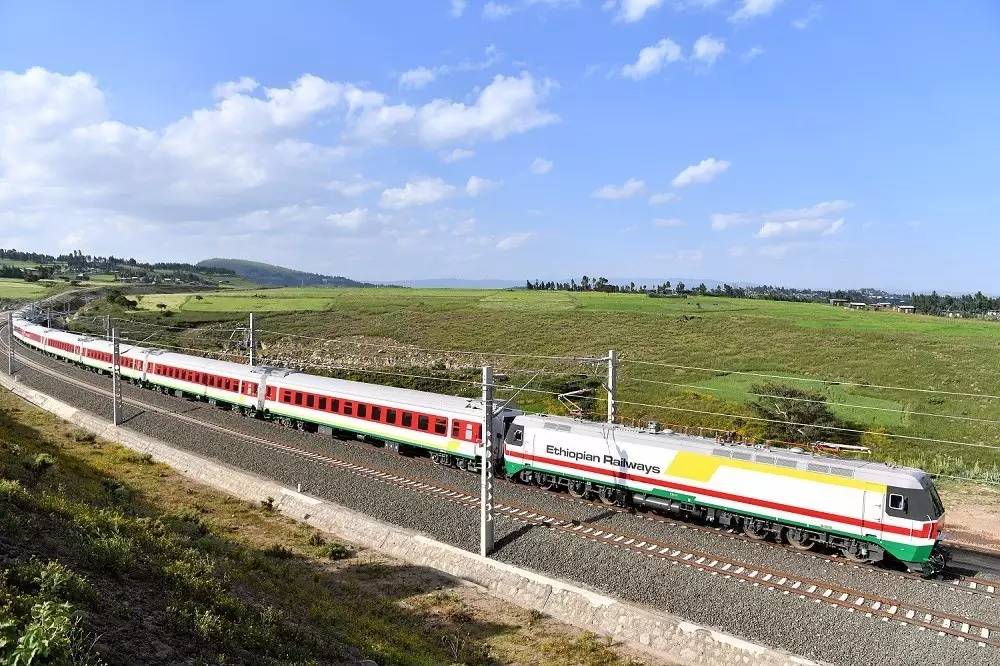
10 Oct, 2016
Chinese rail companies learn from their mistakes as they expand in Africa
By Luo Ensi
(People’s Daily Online), October 07, 2016 – The Chinese-built railway linking the Ethiopian capital Addis Ababa and the port of Djibouti, which will be Africa’s first modern electrified railway, was inaugurated in Addis Ababa on Oct 5.

Stretching 725.7 kilometers and with a designed speed of 120 km per hour, the newly-built electric rail line between Addis Ababa to Djibouti offers an opportunity for China. Constructed by China Railway Group and China Civil Engineering Construction Corporation, a subsidiary of China Railway Construction Corp (CRCC), the line will also be operated by the Chinese consortium for about six years.
Compared with U.S.-European countries, China is more inclined to undertake infrastructure projects in Africa. While more and more U.S. and European countries stay on their African projects as operators, China’s operational experience is lacking. This has created a two-fold problem for Sino-African business relations. When a Chinese side finishes the project, the African side – public or private – takes over operations. If the African side runs into an issue, the operators would conveniently blame the Chinese constructors. Eventually, the confidence in Chinese businesses suffers.
This happened to the Chinese-built Tanzania-Zambia railway (TAZARA), official inaugurated in 1976. The Chinese constructors did not take over the management of the railway. While the project sustained the 1998 great floods in Tanzania, its operation remains unsatisfactory. With a design transportation capacity of 2 million tons per year, the railway climaxed at 1.27 million tons in the year 1977, and has henceforth seen a decline. Interviews with people who were involved directly in the construction of the railway, all from China, Tanzania, or Zambia, show they all believed that the unsatisfactory operation has to do with the chasm between constructors and operators.
The railway between Addis Ababa and Djibouti offers an opportunity to alter this trend. In the six years of running the railway, China hopes to do more than just uphold smooth operations. The world’s second largest economy aims to localize the operations, too. This means establishing an operational system and internal philosophy able to influence the next generation. Due to a lack of capable talent, both Ethiopia and Djibouti have already reported sending students abroad to China to study railways. By adopting these measures, this project will avoid the risk associated with an international body taking over local operations.
If successful, it can be the poster boy for future Chinese operational management in Africa.



Liked this article? Share it!